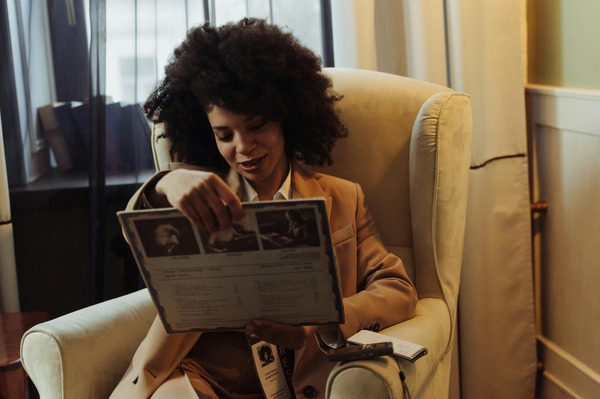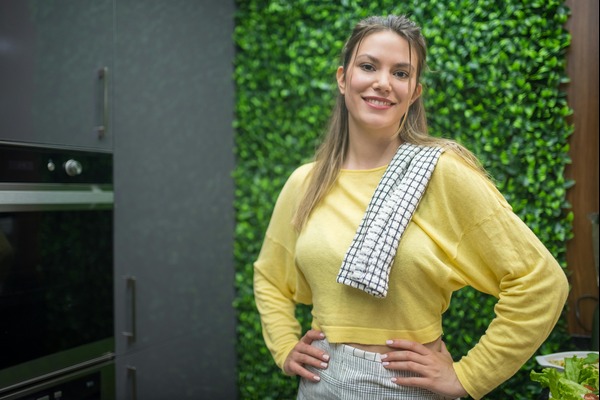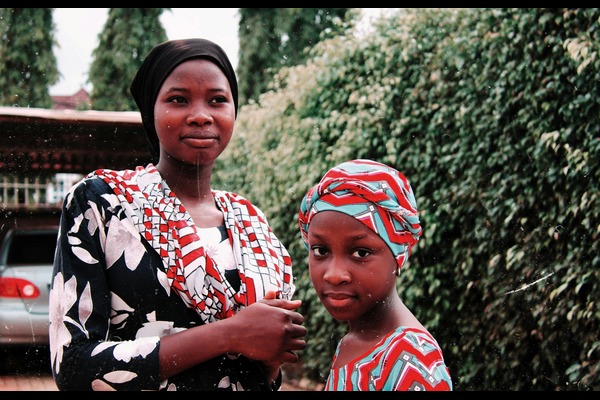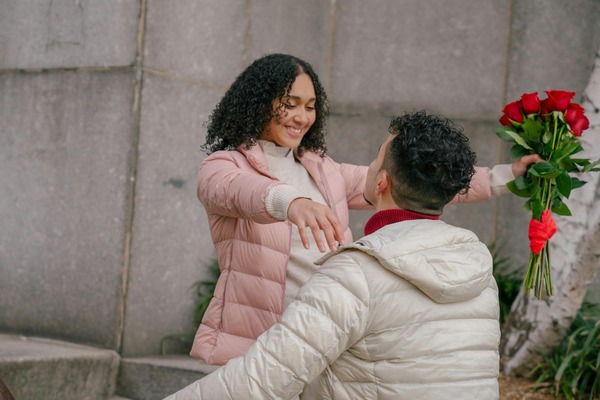Category: Creative Writing

Awakening the Sleeping Giant – Copy
In the ancient city of Nebothia, a legend whispered through the ages told of a mighty giant guardian named Elk. Placed by the supreme being to watch over the land. Elk was a giant of extraordinary strength, standing over 7 feet tall—a colossus among the natives. His prowess was unmatched; he hunted wild beasts with…

Strong Beyond Measure
“Baby, you are strong. You can do anything you want. You can be the best. Only if you believe in yourself.” Those were Mama’s words every morning. I woke up to the sound of them. They seemed to energize me and spur me into action each day. On the wall in my room hung my…

A Journalist’s Dangerous Pursuit
Amanda’s heart raced as she stepped into the dimly lit bar on Okeyilo Street in Shandam, Kaduna, a street renowned for housing dangerous criminals. The pungent smell of cigarettes and cheap liquor assaulted her senses, but she steeled herself. This was it—the breakthrough she’d been waiting for in her investigation of the notorious Ben Edet.…

Awakening the Sleeping Giant
In the ancient city of Nebothia, a legend whispered through the ages told of a mighty giant guardian named Elk. Placed by the supreme being to watch over the land. Elk was a giant of extraordinary strength, standing over 7 feet tall—a colossus among the natives. His prowess was unmatched; he hunted wild beasts with…

Confronting the Secrets of the Past
I saw Anna again after 15 years. I saw her but she wasn’t the little infant whose image has secretly been on my mind for eons. She wasn’t the 2-day old baby I left to die at the refuse dump. Anna was representing her school in the quarterly spelling bee competition and so far, she’s…

A Regret that Lasted a Lifetime
I regretted the day Father told me I would marry David, the day he summoned me to the courtyard to meet him. There I saw the man, fully clad in a soldier’s armour, only his face visible—and it was the most beautiful I had ever seen. His eyes spelt such peace that I wondered how…

The Grass Isn’t Greener on the Other Side
They say the grass isn’t greener on the other side, but I was convinced otherwise. In the Great House, Ngozi and I served diligently. My role was to maintain cleanliness throughout the expansive dwelling, while Ngozi was responsible for all the cooking. Each day, I meticulously swept and cleaned every nook and cranny, ensuring no…

The Morning That Changed Everything
The year was 2009, and it was a morning unlike any other in our household. Mum woke us up early for prayers, but something was different. The usual rhythm of our morning devotion was disrupted, replaced by an urgency that hung thick in the air. In the past, our prayer time was a leisurely affair.…

Torn Between Love and Letting Go
It started with CREMATION. A word that Merriam-Webster’s dictionary had featured as the word of the day. Little did I know how this morbid topic would foreshadow the way my life would soon be torn apart. Jenny read about it, googled it, and even dug up a full journal article from a medical science association’s…

The Hidden Struggle Against Child Marriage
In the heart of Northern Nigeria, a silent battle rages beneath the surface of tradition and expectation. It’s a struggle that often goes unnoticed, fought in the hearts and minds of young girls facing the prospect of childhood marriages. While many succumb to societal pressure, some rare individuals dare to resist, their stories are seldom…









